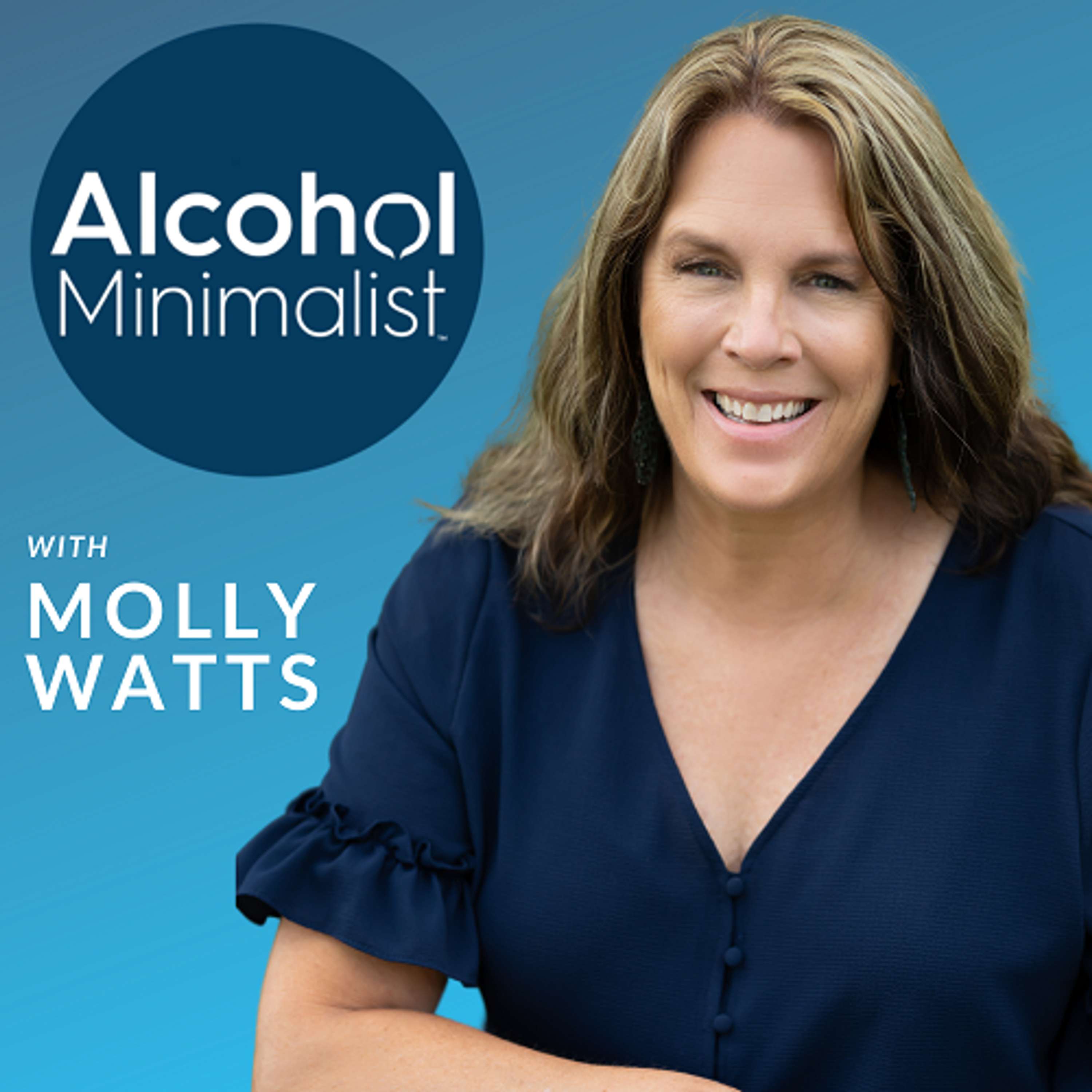
Alcohol Recovery Without AA from Dr. Adi Jaffe

Alcohol Minimalist: Change Your Drinking Habits!
Shownotes Transcript
This week on the podcast, another in the "Summer Content Series"--this week from Dr. Adi Jaffe. Adi Jaffe, Ph.D. is a #1 best-selling author (The Abstinence Myth)) and a nationally recognized expert on mental health, addiction, relationships and shame. He lectured in the UCLA Psychology department for the better part of a decade and was the Executive-Director and Co-Founder of one of the most progressive mental health treatment facilities in the country - until he started IGNTD). Dr. Jaffe, through IGNTD, is changing the way people think about, and deal with mental health issues. His passion in the role of shame destroying lives is the philosophy behind IGNTD Recovery and its aim to greatly reduce the stigma of addiction and mental health. Dr. Adi Jaffe Ted Talk)
Buy Breaking the Bottle Legacy: How to Change Your Drinking Habits and Create A Peaceful Relationship with Alcohol on Amazon or most online retailers.
Kobo)
Join my private FB group Alcohol Minimalists here: https://www.facebook.com/groups/changeyouralcoholhabit)
Has this podcast helped you? Please leave a review wherever you listen to podcasts!
Follow me on Instagram: @AlcoholMinimalist
Have you grabbed your free e-book, "Alcohol Truths: How Much is Safe?" Get it here. )
Low risk drinking guidelines from the NIAAA:
Healthy men under 65:
No more than 4 drinks in one day and no more than 14 drinks per week.
Healthy women (all ages) and healthy men 65 and older: No more than 3 drinks in one day and no more than 7 drinks per week.
One drink is defined as 12 ounces of beer, 5 ounces of wine, or 1.5 ounces of 80-proof liquor. So remember that a mixed drink or full glass of wine are probably more than one drink.
Abstinence from alcohol Abstinence from alcohol is the best choice for people who take medication(s) that interact with alcohol, have health conditions that could be exacerbated by alcohol (e.g. liver disease), are pregnant or may become pregnant or have had a problem with alcohol or another substance in the past.
Benefits of “low-risk” drinking Following these guidelines reduces the risk of health problems such as cancer, liver disease, reduced immunity, ulcers, sleep problems, complications of existing conditions, and more. It also reduces the risk of depression, social problems, and difficulties at school or work.
If you' are unsure about whether or not you have alcohol use disorder, please visit the NIAAA) for more information.
** ★ Support this podcast ★) **